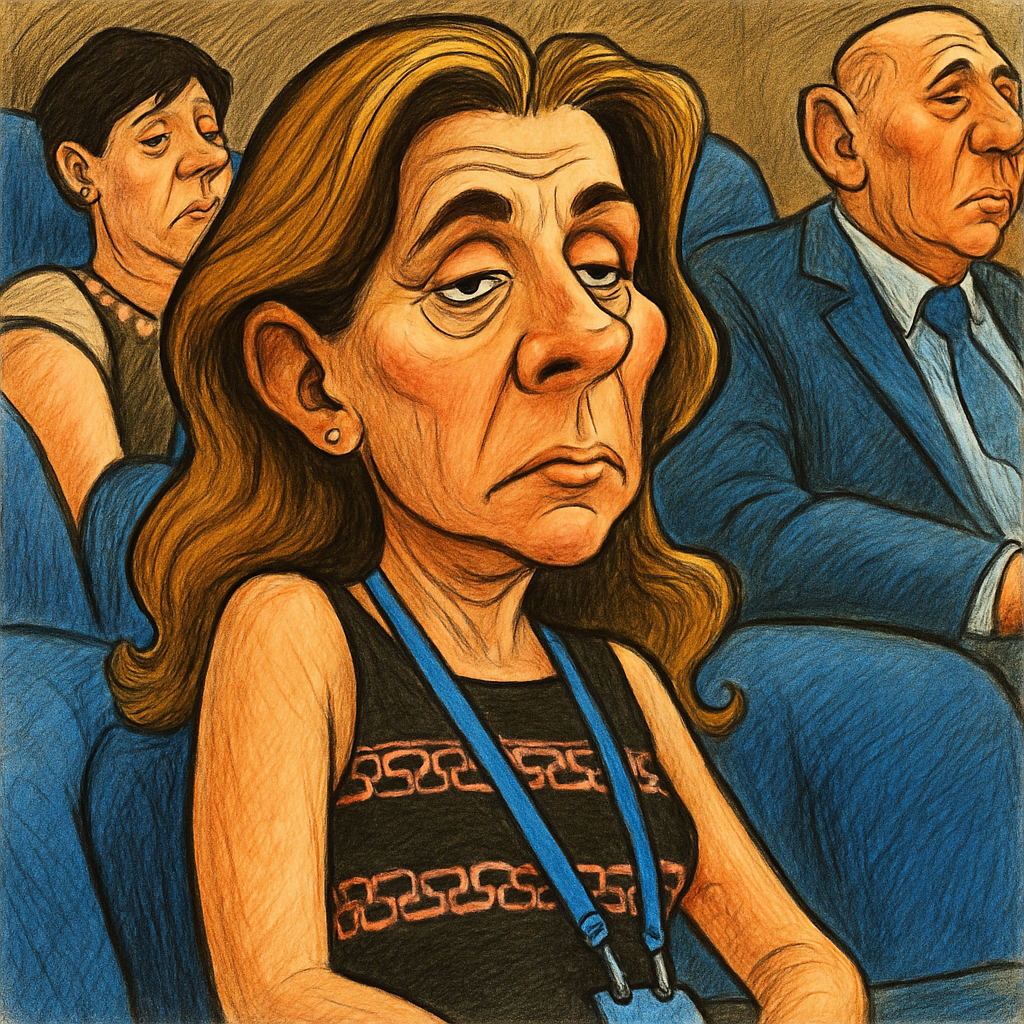NEW YORK — Nine-time Grand Slam champion Monica Seles has revealed she was diagnosed with myasthenia gravis, a rare neuromuscular autoimmune disease, three years ago. The tennis legend shared her diagnosis in an emotional interview, detailing her struggles with the condition and how it has impacted her life both on and off the court.
Seles, now 50, disclosed that she first noticed symptoms in 2021, including muscle weakness, fatigue, and difficulty speaking. "I would be mid-sentence, and suddenly my voice would just fade away," she recalled. After months of uncertainty, doctors confirmed she had myasthenia gravis, a chronic disorder that disrupts communication between nerves and muscles.
Understanding Myasthenia Gravis
Myasthenia gravis (MG) affects approximately 20 in every 100,000 people, according to the National Institute of Neurological Disorders and Stroke. The disease occurs when the immune system mistakenly attacks receptors responsible for muscle movement, leading to:
- Muscle weakness that worsens with activity
- Drooping eyelids (ptosis)
- Double vision (diplopia)
- Difficulty swallowing or speaking
- Fatigue, particularly in the limbs
Seles described her initial disbelief at the diagnosis: "I thought, 'This can’t be happening to me.' I’ve always been so physically strong, and suddenly, simple tasks became exhausting." While MG is not curable, treatments such as immunosuppressants, plasmapheresis, and thymectomy (removal of the thymus gland) can help manage symptoms.
A Champion’s Resilience
Despite her diagnosis, Seles has remained active in the tennis community, though she admitted the disease forced her to adjust her lifestyle. "Some days, I can’t even hold a racket. Other days, I feel almost normal," she said. Her openness about her condition has drawn praise from fellow athletes and medical advocates alike.
Dr. Lisa Hobson-Webb, a neurologist specializing in neuromuscular disorders, explained that MG symptoms fluctuate: "Patients often experience 'myasthenic crises,' where weakness becomes severe enough to require hospitalization. Early diagnosis and treatment are critical."
Raising Awareness
Seles hopes her story will encourage others to seek medical attention if they experience similar symptoms. "I ignored the signs for too long," she admitted. "If sharing my journey helps even one person get diagnosed sooner, it’s worth it."
The Myasthenia Gravis Foundation of America (MGFA) has applauded Seles for her advocacy. CEO Samantha Masterson stated, "Celebrities like Monica bring much-needed visibility to rare diseases. Her courage will inspire others living with MG."
Looking Ahead
While Seles no longer competes professionally, she remains involved in tennis through commentary and mentorship. She emphasized the importance of mental resilience: "This disease has taught me patience. Some days are hard, but I focus on what I can do, not what I can’t."
Researchers continue to explore new treatments for MG, including biologic therapies targeting specific immune pathways. Seles expressed optimism: "Science is advancing every day. I hope for a future where MG is easier to manage—or even cured."
For now, Seles is prioritizing self-care and advocacy. She urged fans to support organizations like the MGFA, which funds research and patient resources. "No one should face this alone," she said. "Together, we can make a difference."
Reflecting on her career, Seles acknowledged the parallels between tennis and her health battle: "In both, you have to adapt, fight through setbacks, and never give up. That’s what champions do."
Her message to others with MG? "You’re stronger than you think. Listen to your body, lean on your support system, and keep pushing forward—one day at a time."

